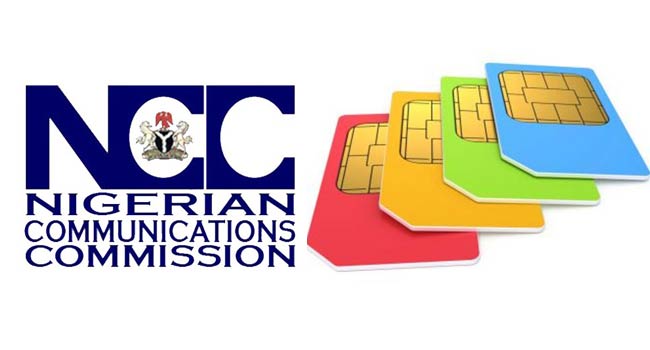Despite efforts by the Nigerian government to boost 5G adoption and expand its coverage, recent data from the Nigerian Communications Commission (NCC) reveals that the uptake of 5G technology in the country remains sluggish.
The latest statistics released by the NCC indicate that as of January 2024, only 1.11% of all connections in Nigeria are attributed to 5G, marking a marginal increase from the 1.04% recorded in December 2023. This slow growth underscores the challenges inherent in transitioning to next-generation networks.
While some progress has been made since the issuance of 5G licenses to successful bidders of the 3.5GHz spectrum in 2022, the overall pace of adoption has been hindered by various factors.
High costs associated with equipment, routers, and devices, coupled with inadequate infrastructure, have contributed to the tepid uptake of 5G technology.
Among the key players in the Nigerian telecommunications landscape, MTN Nigeria led the commercial launch of 5G activities in September 2022, followed by Mafab Communications and Airtel Nigeria in January and June 2023, respectively. Despite these initiatives, 5G deployment has primarily been concentrated in major cities such as Lagos, Abuja, Port Harcourt, and others.
Experts have cited the need for enhanced infrastructure and connectivity as crucial prerequisites for accelerating 5G adoption in Nigeria.
Tony Izuagbe, President of the Association of Telecommunication Companies of Nigeria, emphasised the importance of aligning infrastructure development with the growing demand for 5G services.
In response to the challenges impeding 5G rollout, the Nigerian government has introduced a national 5G policy aimed at ensuring comprehensive coverage of major urban areas by 2025. Former President Major-General Muhammadu Buhari (retd) highlighted the potential of 5G to drive economic growth, foster smart city initiatives, and create job opportunities within the digital economy.
However, Nigeria’s 5G adoption rate mirrors broader trends across the African continent. According to the International Telecommunications Union (ITU), Africa maintains the lowest 5G coverage rate globally, standing at only 6% as of December 2023.
This disparity is partly attributed to the continued reliance on older mobile technologies such as 2G and 3G, which remain prevalent, especially in underserved regions lacking access to advanced networks.
As Nigeria and other African nations navigate the complexities of 5G adoption, bridging the infrastructure gap and addressing affordability concerns will be pivotal in unlocking the full potential of next-generation connectivity and driving inclusive digital transformation across the continent.
While Nigeria presses forward with its 5G agenda, challenges persist in achieving widespread adoption and coverage.
As the government implements its national 5G policy and industry stakeholders collaborate to overcome existing barriers, the journey towards a fully connected future remains a dynamic and evolving process, with implications reaching far beyond the realm of telecommunications alone.



